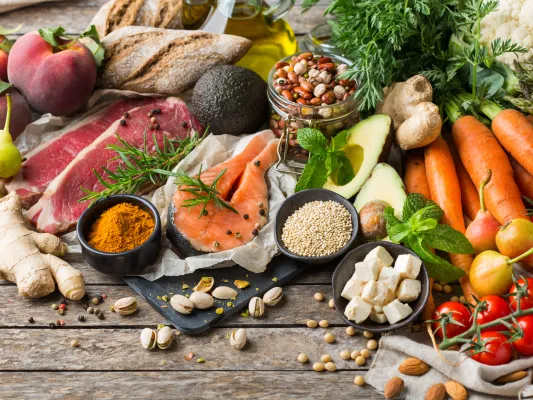We all depend on farming. Yet, few college students consider careers in the field. Farming is great for young people, though. Keep reading to learn about farming and about resources to help you get started.
What is farming, really?
Farming – or agriculture – is the science of using land, producing crops, and raising livestock. Examples include:
- Producing crops, such as corn, cotton, rice, or wheat.
- Growing grapes to produce wine and other products.
- Producing livestock and poultry, which are then used for meat, eggs, fur, leather, and other uses
- Raising cattle and other grazing livestock, such as cows, sheep, and horses.
- Managing forests.
These are just a few examples. There are many careers related to farming as well.
Why should I consider a career in farming?
Farming plays a critical role in our economy and around the world. Virtually everyone depends on farmers and others in the agricultural field to survive. However, previous generations of farmers are leaving the workforce. We need young people to fill these gaps. Young farmers play an important role in the long-term success of our economy and food system.
Farming is the driving force in local economies across the country. By working in farming, you could help sustain the economic livelihood of your community.
Farming also offers the opportunity to address gaps and inequities in food systems. For example, leaders in farming have been at the forefront of addressing areas of the country that lack access to affordable and healthy foods.
What career opportunities are there for me in farming?
Studying farming gives you the opportunity to own and operate your own business. Farmers can manage their time and resources independently while still having the opportunity to profit.
There are plenty of opportunities in the field outside of owning and operating a farm. For example, you could serve as an “extension agent,” which means you would provide educational programming and resources to rural communities.
There is also a great variety of career paths in state or federal departments of agriculture. Other opportunities include farming research, advocacy careers, economics, marketing, policymaking, and much more.
Okay, I’m convinced, but how do I get started?
One way to begin exploring career opportunities in farming is to check with your local cooperative extension agency to see what programs they offer to young people in your area. Cooperative Extension programs like 4-H provide young people avenues to explore pathways in farming while offering other learning, community service, and leadership opportunities.
The US Department of Agriculture (USDA) offers a large variety of resources for young people who are entering the field including advice, access to capital, and other forms of assistance. You can check out the USDA Beginning Farmers and Ranchers website for more details.
There are also organizations around the country devoted to supporting young farmers including the National Young Farmers Coalition and specialized programs in state farm bureaus across the country.
The USDA also offers several internships, career, and scholarship opportunities for students and recent graduates interested in careers in farming. This is a great resource for high school and college-aged students.
Across the United States there are colleges and universities known as “land grant universities.” These schools typically have special funds set aside to support students studying farming and related fields. You can view the USDA’s comprehensive list of land-grant institutions here.
What else can I do?
Hopefully the resources and ideas outlined here provide a good starting point to explore this valuable and important career field. Many of the resources offered in this blog post also have additional materials to support you in your growth. Continue learning as much as you can about the many possibilities in farming.
While you are at it, visit the Youth Engaged 4 Change Education & Career Toolkit to learn about different career paths that may be a good fit for you.


